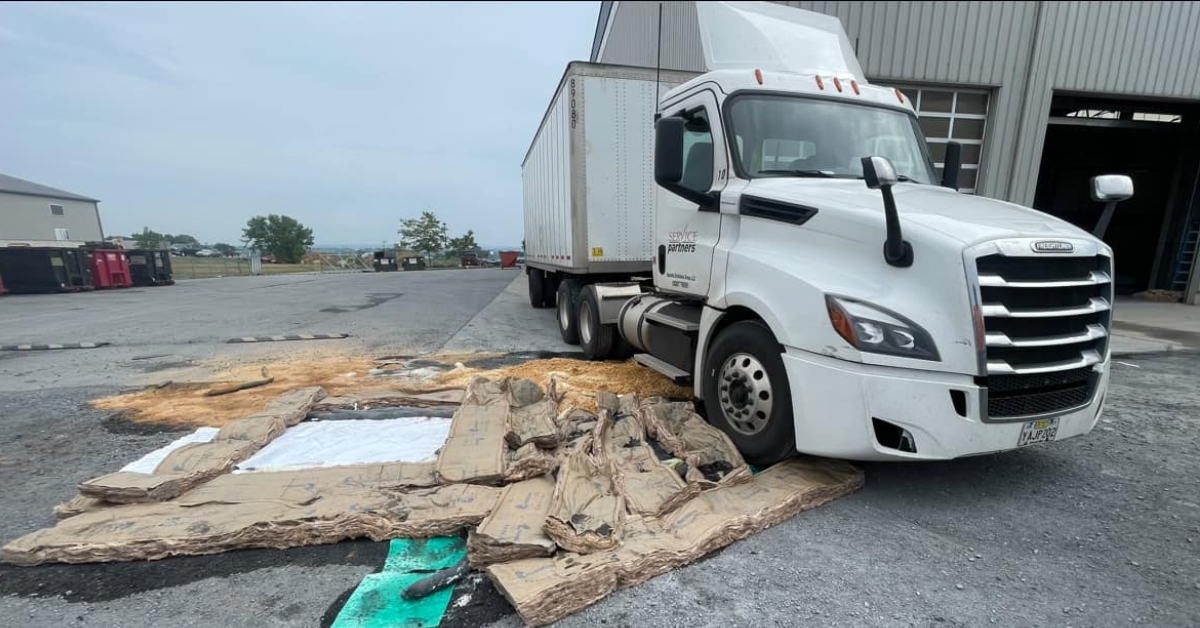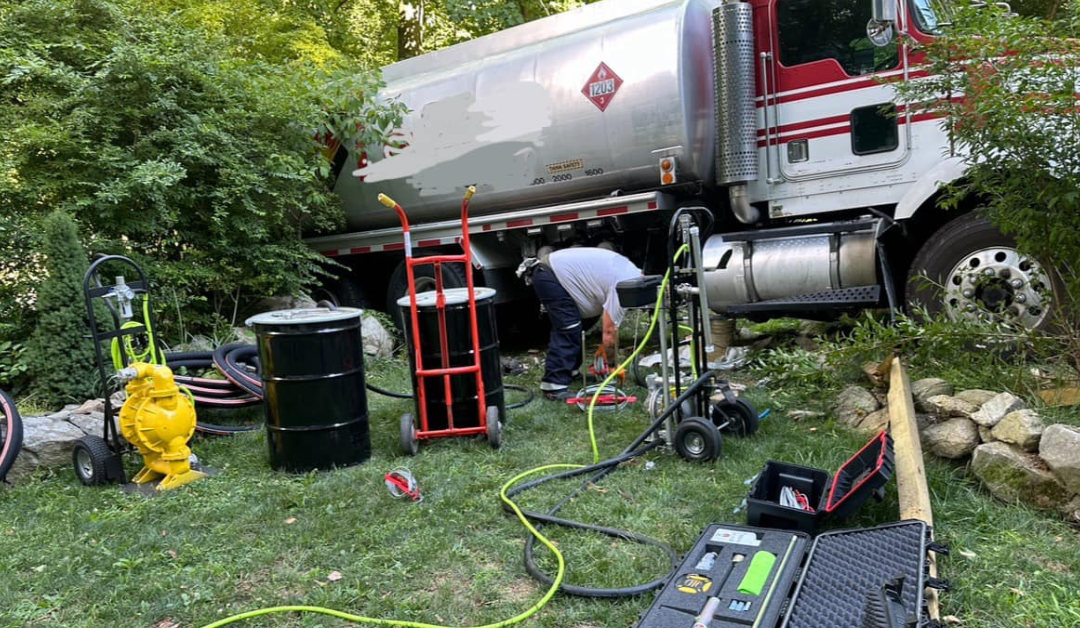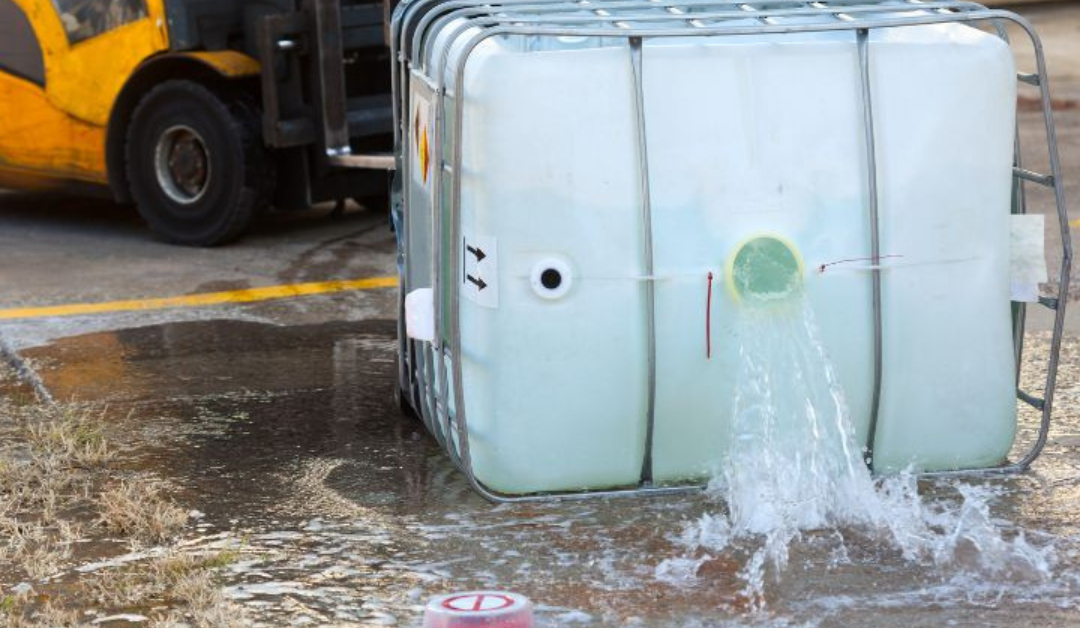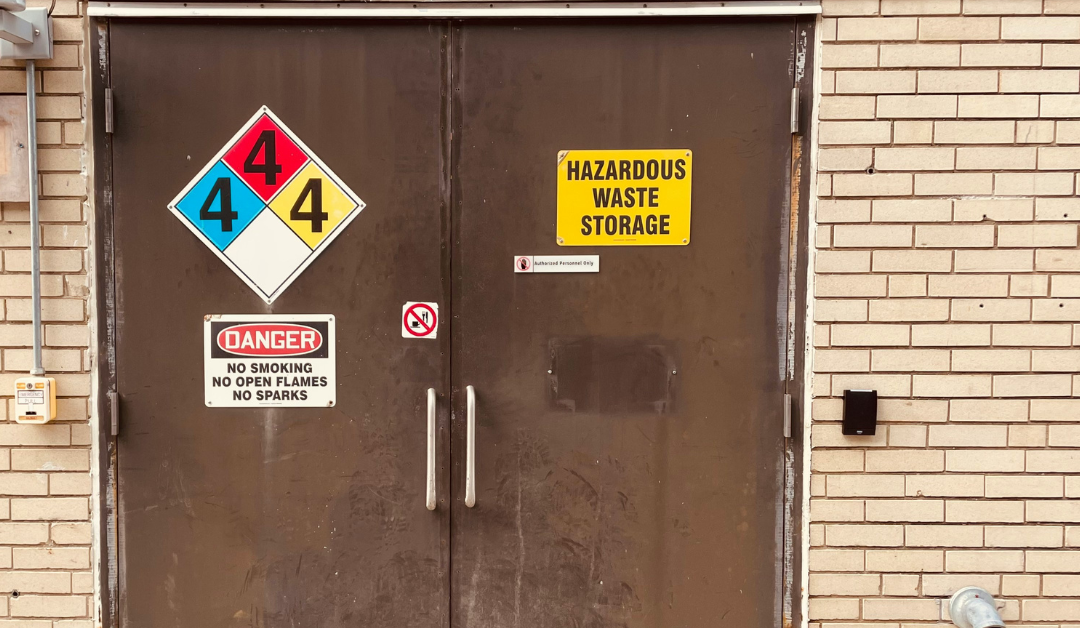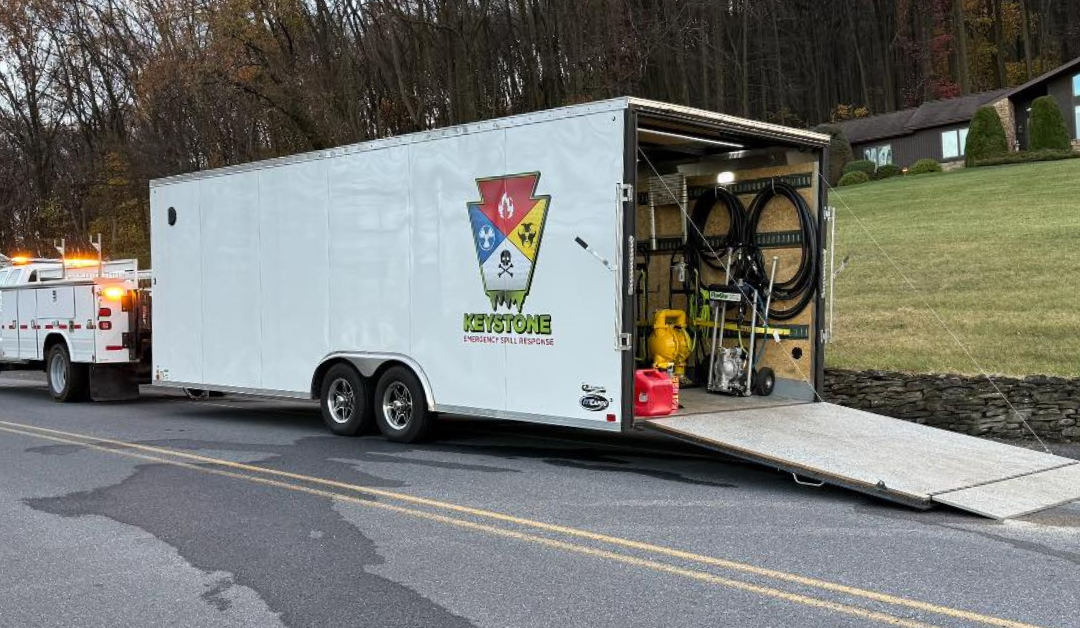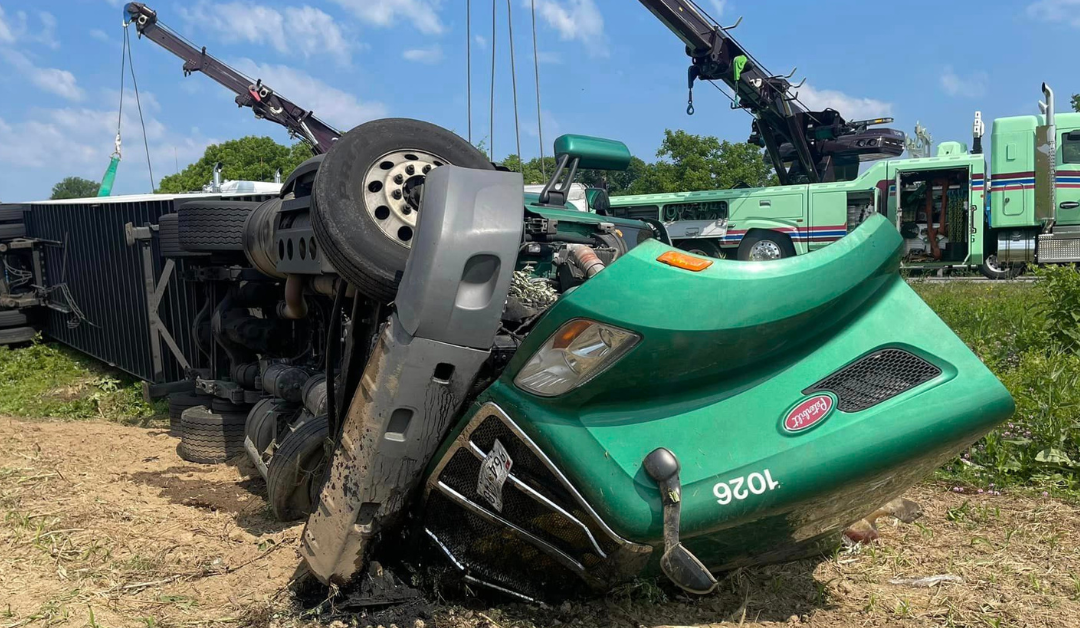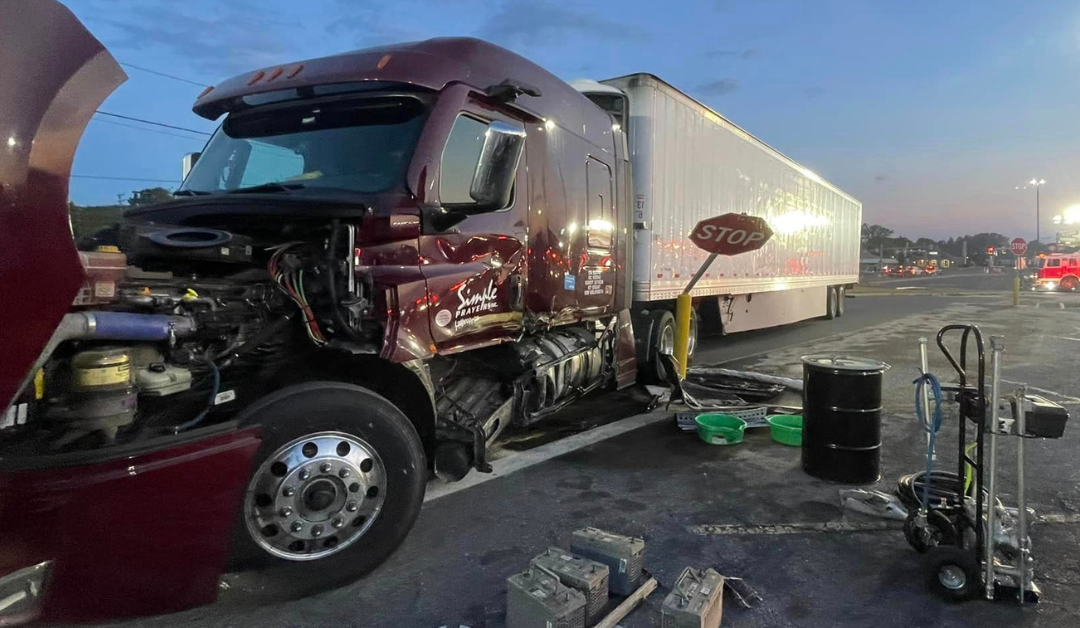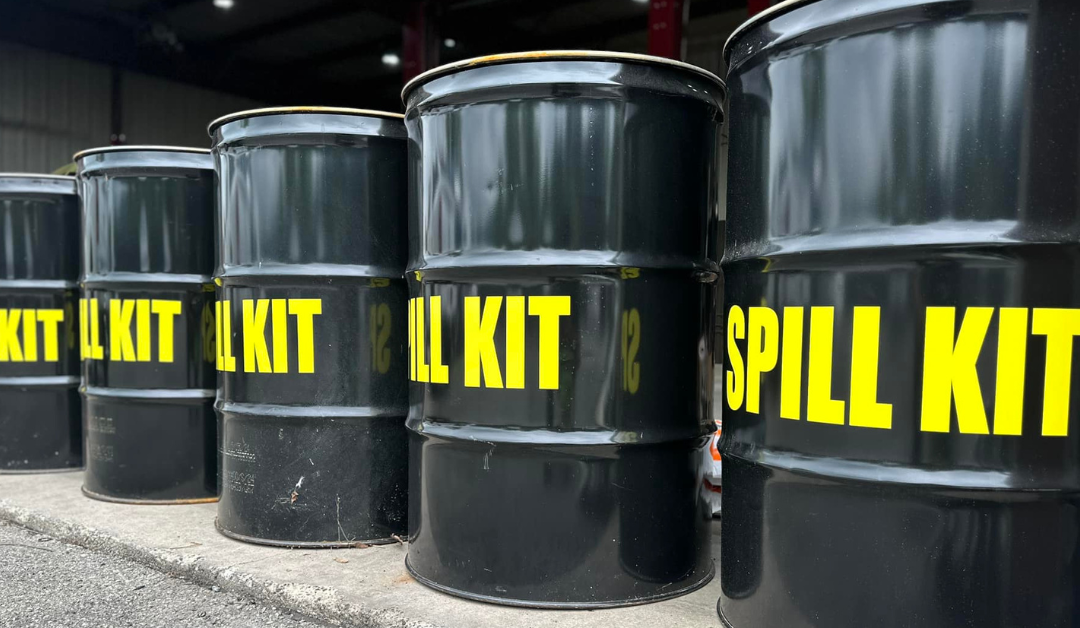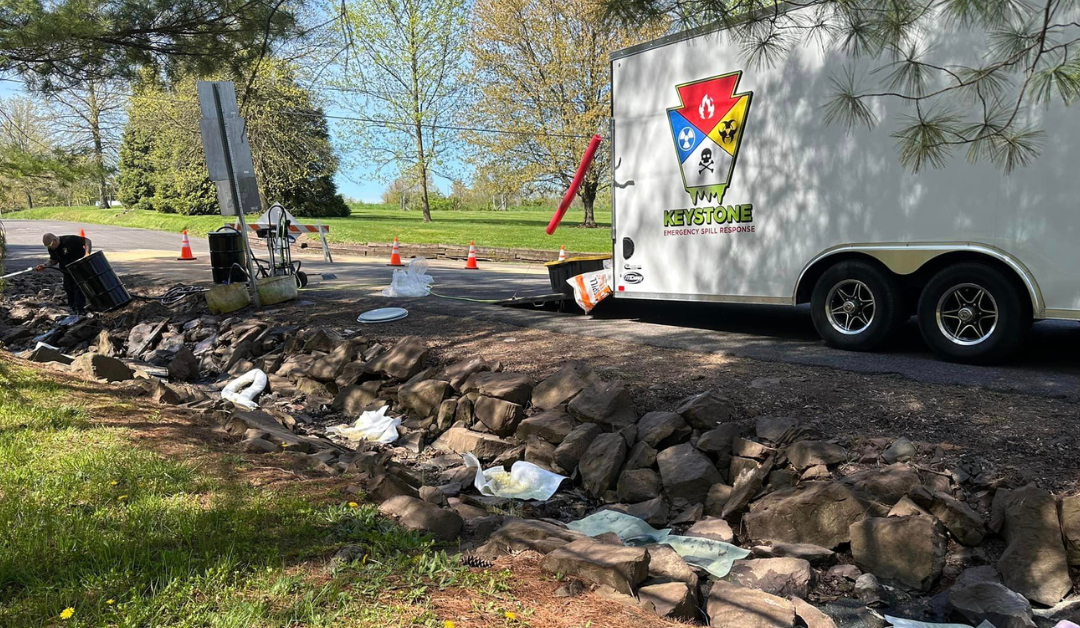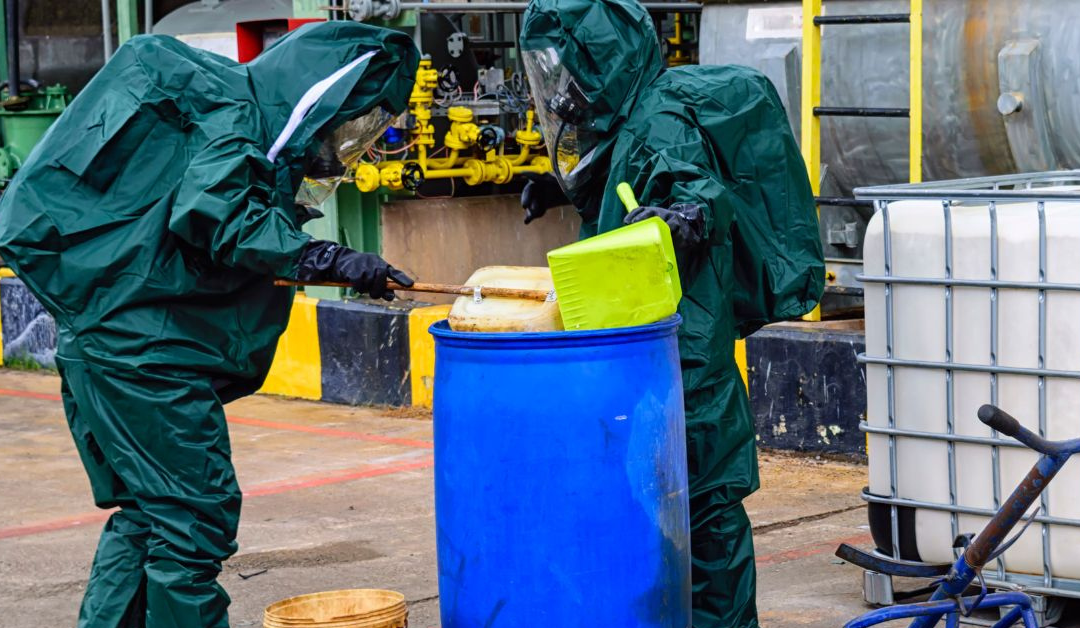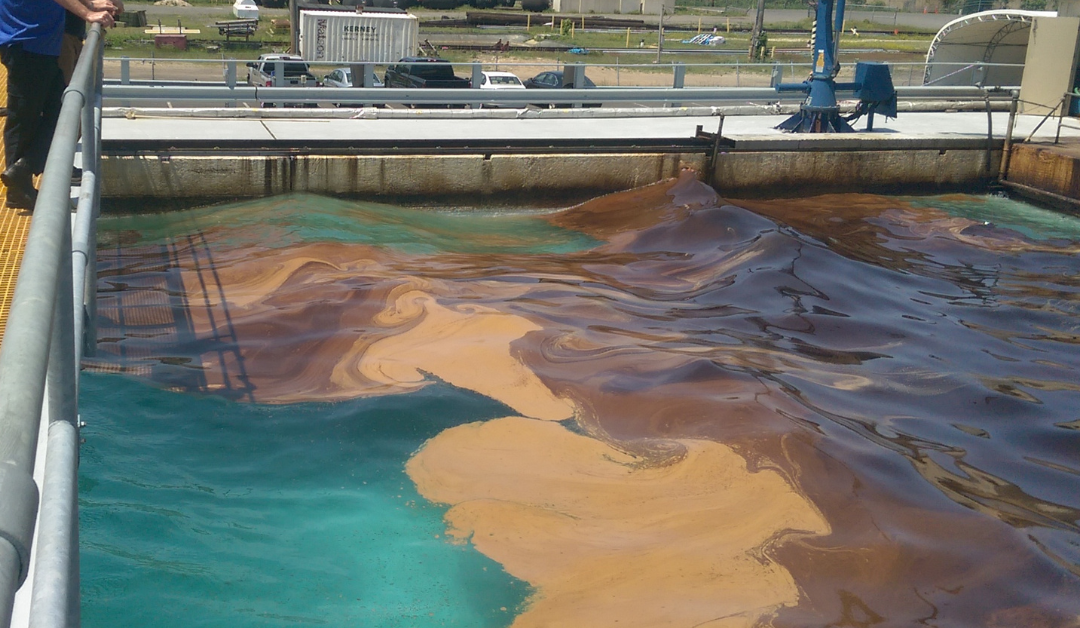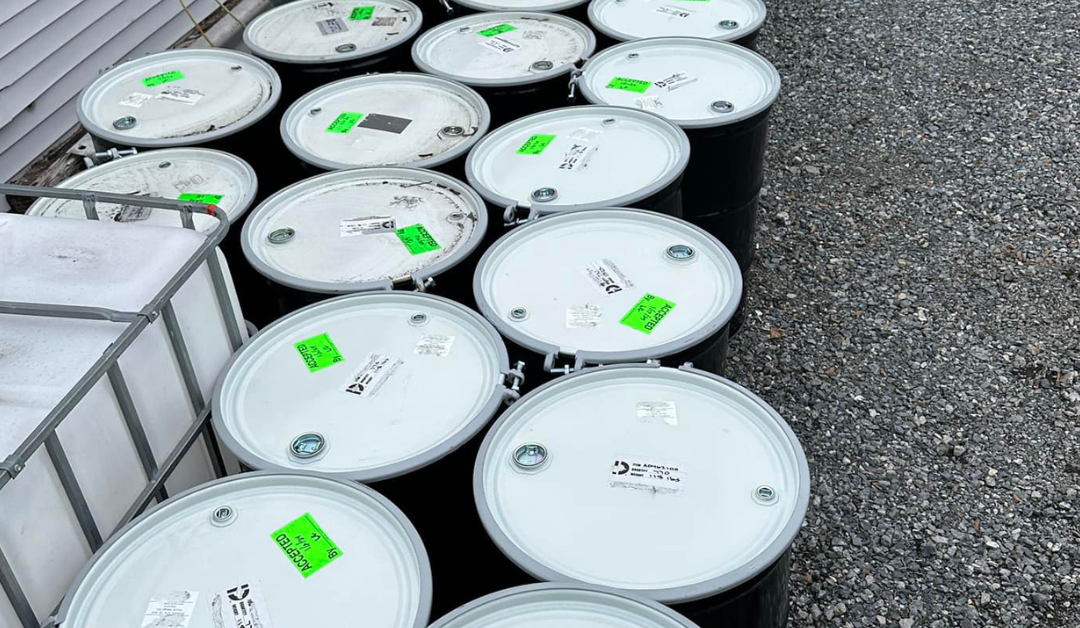Accidents involving diesel fuel happen more often than you think and diesel fuel spill cleanup should be done fast and efficiently. Diesel fuel spill cleanup entails the removal of the spilled diesel fuel and possible contamination to ensure people’s health and the environment are safe. This ranges from minor leaks from cars to major spills in a fueling station; thus, it becomes paramount that individuals and companies are knowledgeable about how to deal with diesel spillage safely yet effectively.
What is diesel fuel spill cleanup?
The cleanup of diesel fuel spills entails the containment, removal, and proper disposal of spilled diesel fuel. This involves the use of specialized absorbent materials and cleaning agents and at times heavy equipment to clean up the spill and prevent its spreading. Assessment and remediation of environmental damages from the spill are also part of diesel fuel spill cleanup. This should restore the affected area to a near-pre-spill condition.
Why Is Cleaning Up Spills of Diesel Fuel Important?
Several reasons exist as to why diesel fuel spill cleanup is important. First, diesel fuel is hazardous to plants, animals, and humans if it is not cleaned up right away. It contaminates soil and water sources, thus affecting drinking water in some cases. Second, diesel fuel is a fire hazard, which means cleaning up the spill should be done quickly and thoroughly. Finally, spilled diesel fuels present slippery surfaces, hence more potential for accidents to happen. Conducting the necessary cleanup of diesel fuel spills helps to ensure public health, protection of the environment, and avoidance of possible legal or financial liabilities.
When is Diesel Fuel Spill Cleanup Needed?
The cleanup of a diesel fuel spill is necessary when diesel fuel has been spilled into the environment. This may occur through an accident involving a vehicle that is using a diesel-powered truck.
- Overfilling of storage tanks or fuel tanks
- Leakage from faulty equipment or damaged fuel lines
- Spills during fuel transfer operations
- Natural catastrophes that cause damage to fuel storage facilities
No matter the size of the spill, there is a need to act fast and take measures against the spread of diesel fuel to avoid its impacts. Small spills may eventually cause great damage if not appropriately addressed.
Why Cleaning Diesel Fuel Spills the Right Way is Important
Proper cleanup of diesel fuel spills is quite important to mitigate the spills’ harmful effects. If done properly, a diesel spill will not have long-term damage to the environment and wildlife or cause safety problems for the people in that area. Proper cleanup will also prevent business issues which include fines and litigation under environmental laws and regulations. Moreover, proper diesel fuel spill cleanup shows a responsible attitude toward the environment, and responsible behavior may raise a company’s profile.
6 Steps for Cleaning Up Diesel Fuel Spills
Step 1
The first and the most crucial action to take when cleaning a diesel fuel spill is safety. It should always be the number one priority to seal off an area as soon as possible and ensure that those who are within the scene are safe. This should involve the evacuation of any non-essential personnel and sealing it off with other barriers that would deter unauthorized persons from gaining entry. Critical in this measure is the removal of ignition sources to mitigate fire incidences. Diesel fuel is highly combustible, and the faintest spark can ignite into a potentially hazardous situation. This can range from the cessation of electric equipment, extinguishing any open flames, and preventing anyone from smoking in the vicinity.
Step 2
The next step in diesel fuel spill cleanup operations is to recover the spilled diesel fuel. This is significant so that the diesel fuel cannot spread out, thereby doing more damage in the process. They generally achieve this through absorbent materials such as socks or booms. The idea is that these will contain the spill by forming a barrier, therefore, stopping the spill from going any further. The quicker containment is set up, the less area of the spill and the more contained it is. This also means less of a mess created when cleaning the spill up afterward.
Step 3
Absorb the spill by putting absorbent pads or granular absorbents directly onto the diesel fuel spill. Developed specifically for this purpose, these types of absorbents have been designed to quickly soak up the fuel, thereby drawing it from surfaces into their mass and preventing further infiltration into the ground. It’s thus essential that one uses appropriate absorbents specifically made for fuel spills, as they are many times more efficient at containing large amounts of diesel fuel than general-purpose absorbents.
Step 4
After the bulk of the diesel fuel has been absorbed, the affected area has to be cleaned thoroughly. Diesel spill cleaning involves using cleaning products compatible with diesel fuel that are potent enough to remove any residue left. Cleaning products must be eco-friendly, causing no further damage. The cleaning process may involve scrubbing, rinsing, and repeating until all traces of diesel fuel are removed from surfaces.
Step 5
Proper waste disposal is a very important section of diesel spill cleanup. Disposal of contaminated materials during cleanup, including absorbents, cleaning rags, personal protective equipment, etc., must be strictly in accordance with relevant local requirements and usually taken as hazardous waste. Otherwise, it may lead to further environmental contamination, with possible legal implications, and hence the vital importance of observance of all guidelines that might apply and use of authorized disposal facilities.
Step 6
Finally, to complete the cleanup of the diesel fuel spill, document it all. Log all information about the spill and your response to it, including what happened, how bad it was, and your cleanup actions. Take photos, write descriptions, and make any other relevant measurements. This important documentation will be used not only for reporting to management or insurance coverage but also for sending it to any regulatory agency. Thoroughly documenting your actions allows for a review of all procedures used to respond to the spill. This review will lead to improvements in future preparedness, thereby better equipping you to handle spills that may occur.
Equipment Needed for Cleaning Up a Diesel Fuel Spill
A diesel fuel spill cleanup depends on having proper equipment at your command. Some of the critical ones include:
- Absorbent Materials: pads, socks, booms
- Personal protective equipment like gloves, goggles, respirators
- Cleaning agents appropriate for diesel fuel
- Disposal bags or any other containers
- Spill kits particularly designed to deal with gasoline spills
Prevention of Diesel Fuel Spills
While knowing how to conduct diesel fuel spill cleanup is crucial, prevention is even better. Following are some tips on how to prevent diesel fuel spills:
- Inspection and maintenance of fuel storage tanks and equipment should be done on a regular basis
- Train employees properly on how to deal with fuel and to prevent fuel spills
- There has to be the presence of secondary containment systems for areas where fuel is stored
- Implement spill prevention plans and conduct regular drills
When to Call a Professional for Diesel Fuel Cleanup
While small spills you can clean on your own most times, larger and more complex diesel fuel spills will require outside assistance from a professional. Consider contracting professionals if:
- The spill is too large for your resources to contain
- The spill has impacted waterways or other environmentally sensitive areas
- You do not have the proper equipment/training to handle the cleanup
- Requirements by Local Regulations for Professional Remediation
Given the large quantity, professional diesel fuel spill cleanup services have the expertise, equipment, and resources to clean up the spill and bring it into compliance with environmental regulations.
In summary, diesel fuel spill cleanup is an operation important to humans and the environment. Understanding that there is a need for correct cleanup and following the stages involved, with the appropriate equipment at hand, will help business enterprises or any individual to respond effectively to diesel fuel spills. Remember, quick action will help in reducing the impact of diesel fuel spills on the environment, keeping it safe for generations to come.
Follow us on Facebook to stay up to date with the latest at Keystone Emergency Spill Response.

